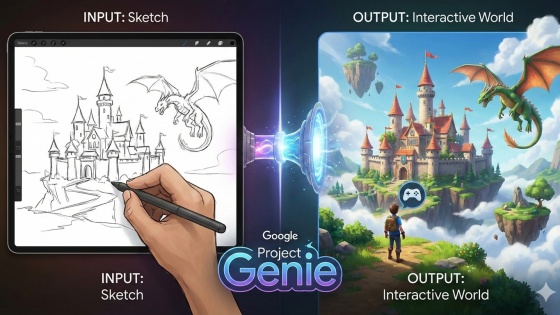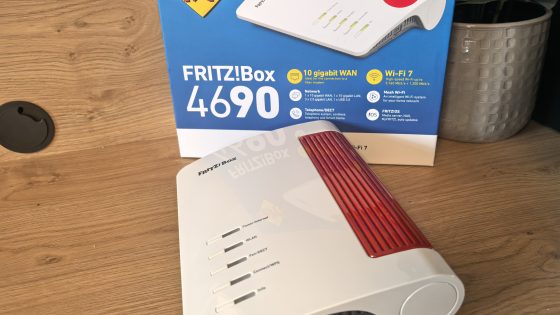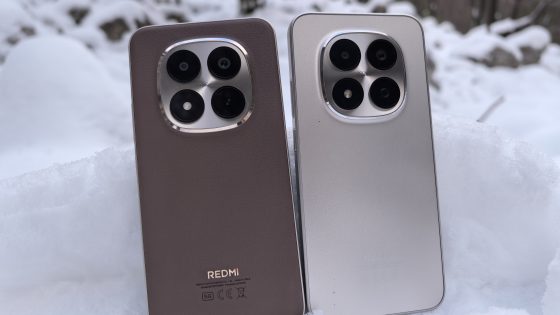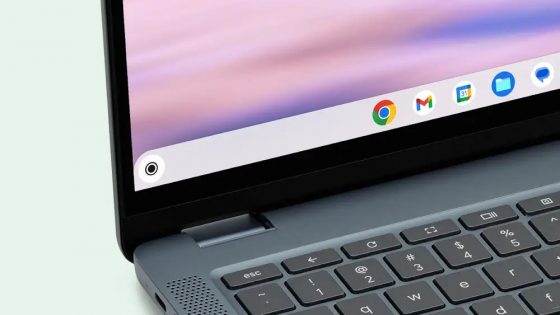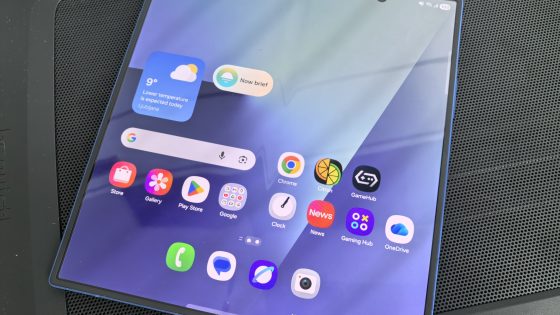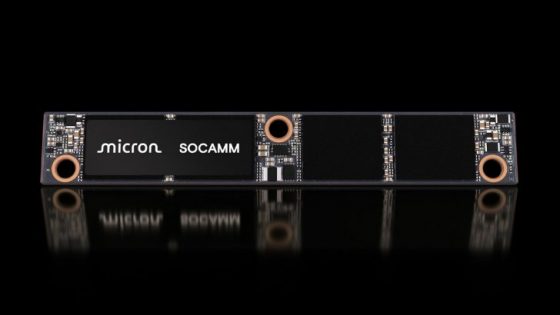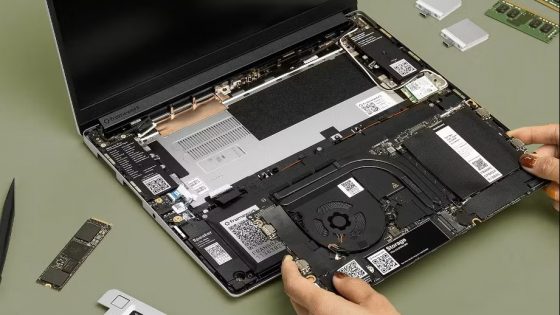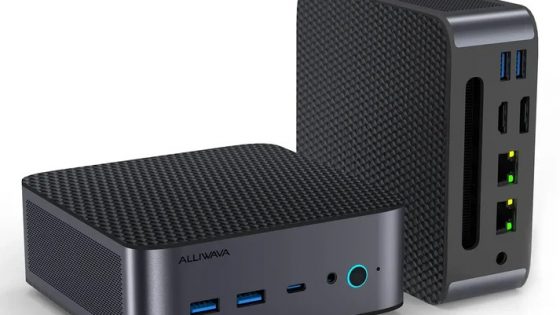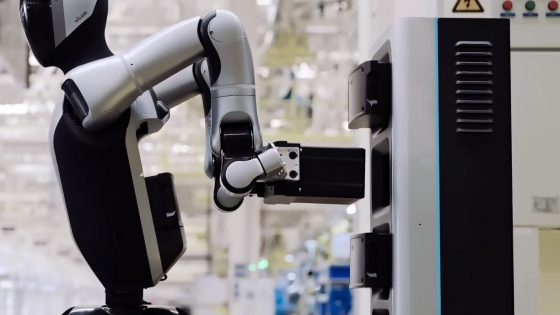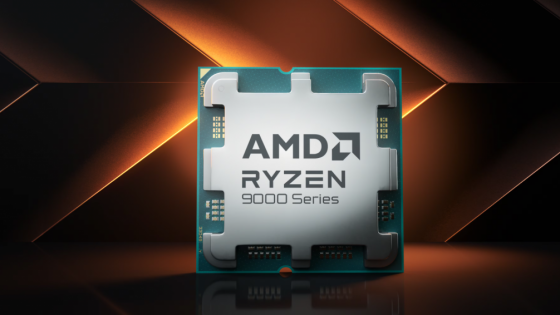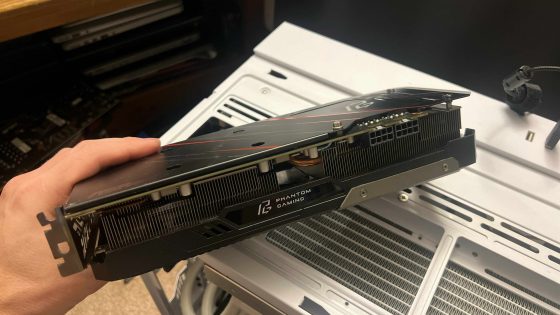Honda successfully tests its first landing rocket system
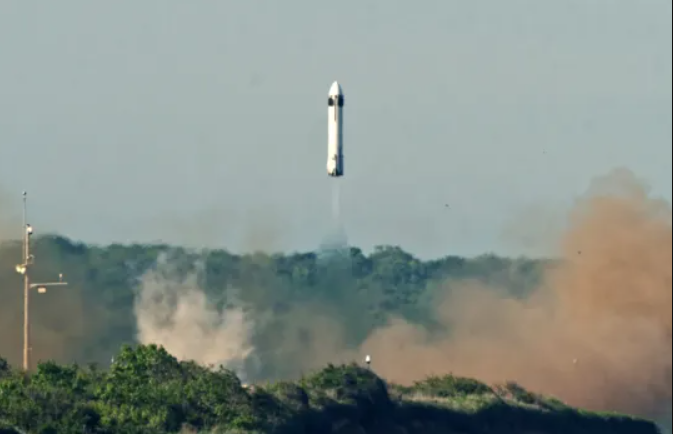
Honda has extraterrestrial ambitions, as we reported a few months ago.
Honda's experimental reusable rocket, developed by Honda's R&D unit, recently successfully launched and landed. This is the first successful landing test after the rocket reached an altitude of 270 meters and then landed precisely 37 cm from its target.
The rocket is 6.3 meters tall and weighs about 1,300 kg at liftoff. It remained in the air for 56.6 seconds before landing safely on four retractable landing legs that also served as takeoff supports. The test was conducted at Honda's special test site in Taiki Town, Japan, which is being developed into a so-called "space city" in collaboration with the Japanese space agency JAXA and the private sector.
Honda announced its entry into space exploration in late 2021, but has been largely silent about the project since then. The company is incorporating technologies developed in other fields, such as autonomous driving systems, into the development and adapting them to the needs of spaceflight. While it has not yet disclosed commercial plans, it has justified the development of its own launch vehicle system by the growing demand for satellites, which could also support Honda's other business activities.
Honda has set a goal of suborbital flight by 2029, which means an altitude of over 100 km, but that is not yet enough to put a satellite into orbit. Whether the company will announce competition with companies like SpaceX or Blue Origin after this milestone will depend mainly on the cost of the program and its further technological progress.



